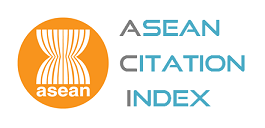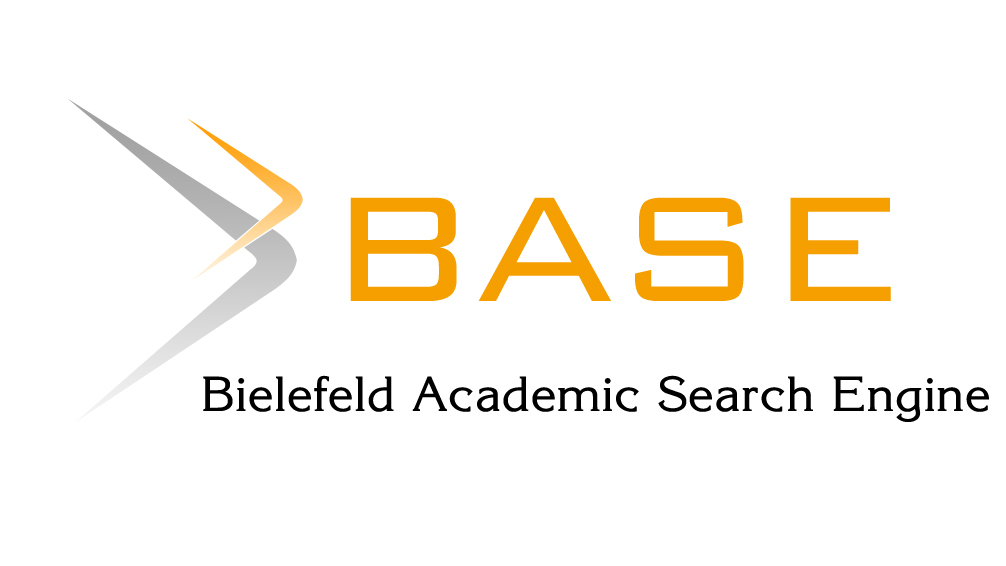AN EMPIRICAL STUDY ON FAKE REVIEW DETECTION
Abstract
In recent years, the Internet has opened up opportunities for manufacturers and retailers to advertise and sell their products online. Online shopping is becoming a habit of consumers. Although there are many benefits of buying and selling online, such as easy product selection and comparison from many different sellers before deciding which one to buy, reading comments before buying a product is a habit of customers. It helps them learn from the experiences of former buyers. However, buying based on product reviews is risky, especially fake reviews. These reviews affect the buyers’ purchase decisions. Detecting fake reviews is a critical problem. This study proposed a machine learning-based framework for detecting fake reviews by extracting features from text and deployed six machine-learning models for classification tasks. Experimental results showed that the SVC is a reliable machine-learning algorithm for classifying truthful reviews and fake reviews using the TF-IDF feature extraction technique.
Downloads
References
M, Jararweh Y, et al. Fake reviews detection: A
survey. IEEE Access. 2021;9: 65771–802.
[2] Dematis I, Karapistoli E, Vakali A. Fake review detection via exploitation of spam indicators and reviewer
behavior characteristics. In: SOFSEM 2018: Theory
and Practice of Computer Science: 44th International
Conference on Current Trends in Theory and Practice
of Computer Science, Krems, Austria, January 29 –
February 2, 2018, Proceedings 44. Springer International Publishing; 2018. p.581–95.
[3] Alsubari SN, Deshmukh SN, Alqarni AA, Alsharif
N, Aldhyani TH, Alsaade FW, et al. Data analytics
for the identification of fake reviews using supervised learning. Computers, Materials & Continua.
2022;70(2): 3189–3204.
[4] Barbado R, Araque O, Iglesias CA. A framework for
fake review detection in online consumer electronics retailers. Information Processing & Management.
2019;56(4): 1234–1244.
[5] Elmurngi E, Gherbi A. An empirical study
on detecting fake reviews using machine
learning techniques. In: 2017 seventh
international conference on innovative computing
technology (INTECH). IEEE; 2017. p.107–14.
https://doi.org/10.1109/INTECH.2017.8102442.
[6] Jia S, Zhang X, Wang X, Liu Y. Fake reviews detection based on LDA. In: 4th International Conference
on Information Management (ICIM). IEEE; 2018.
p.280–283.
[7] Setiawan A, Mawardi VC. Android Application For
Analysis Review On Google Playstore Using Support Vector Machine Method. In: 2022 5th International Conference on Information and Communications Technology (ICOIACT). IEEE; 2022. p.331–336.
[8] Poonguzhali R, Sowmiya SF, Surendar P, Vasikaran
M. Fake Reviews Detection using Support Vector Machine. In: 2022 International Conference on Sustainable Computing and Data Communication Systems
(ICSCDS). IEEE; 2022. p.1509–1512.
[9] Ott M, Choi Y, Cardie C, Hancock JT. Finding deceptive opinion spam by any stretch of
the imagination. In: ACL-HLT 2011 - Proceedings of the 49th Annual Meeting of the Association for Computational Linguistics: Human
Language Technologies. arXiv; 2011. p. 309–319.
https://doi.org/10.48550/arXiv.1107.4557.
[10] Kabir AI, Ahmed K, Karim R. Word cloud and
sentiment analysis of Amazon earphones reviews with
R programming language. Informatica Economica.
2020;24(4): 55–71.
[11] Gou J, Luo M, Xiong T. Improving K-nearest Neighbor Rule with Dual Weighted Voting for Pattern
Classification. In: Computer Science for Environmental Engineering and EcoInformatics: International
Workshop, CSEEE 2011, Kunming, China. Springer
Berlin Heidelberg; 2011. p.118–123.
[12] Vapnik V. The nature of statistical learning theory.
2nd (ed.) United States of America; Springer Science
& Business Media; 1999.
[13] Breiman L. Random forests. Machine Learning. 2001;45: 5–2.
https://doi.org/10.1023/A:1010933404324.
[14] Chen T, Guestrin C. Xgboost: A scalable tree
boosting system. In: Proceedings of the 22nd ACM
SIGKDD international conference on knowledge discovery and data mining. New York, USA: Association for Computing Machinery; 2016. p.785–794.
https://dl.acm.org/doi/10.1145/2939672.2939785.
[15] Freund Y, Schapire RE. A desicion-theoretic generalization of on-line learning and an application to
boosting. In: European conference on computational
learning theory. Berlin, Heidelberg: Springer Berlin
Heidelberg; 1995. p.23–37.









